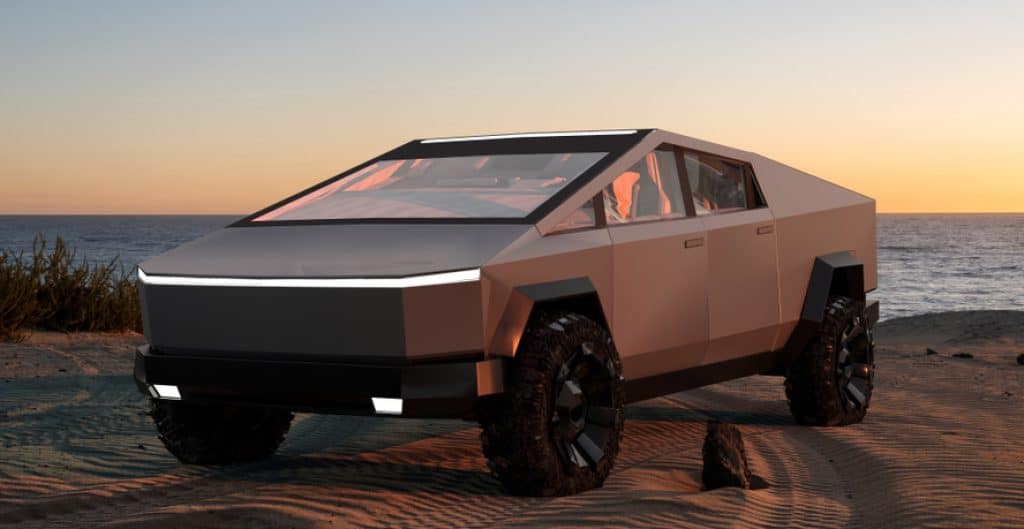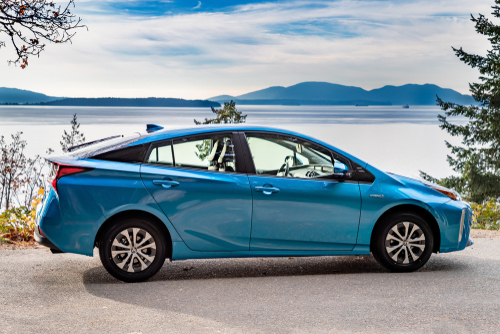Electric cars do not use oil in the same way that traditional internal combustion engine (ICE) vehicles do, as they don’t have an engine that requires oil for lubrication.
However, some electric vehicles (EVs) may use fluids for cooling and lubricating other components, such as the gearbox.

Quick Answer Table
| Oil Type | Details |
|---|---|
| Engine Oil | Electric cars do not have internal combustion engines, so they do not use engine oil for lubrication. |
| Transmission Fluid | Some electric cars may use fluid to lubricate the gearbox, but this is significantly less than the lubrication needs of ICE vehicles. |
| Cooling System Fluid | EVs may use coolant to regulate the temperature of the battery and electric components, similar to the radiator fluid in ICE vehicles. |
| Brake Fluid | Like all vehicles, electric cars use brake fluid in their hydraulic brake systems. |
| Maintenance | Electric cars generally require less maintenance than ICE vehicles, partly because they have fewer moving parts and don’t need oil changes. |
Overall, the absence of engine oil changes is one of the maintenance advantages of electric vehicles, contributing to lower running costs.
Electric Vehicle Lubrication
Electric vehicles (EVs) utilize lubricants to reduce friction and enhance efficiency in various systems such as cooling, transmission, and battery maintenance.
Cooling Systems
Your electric car’s cooling system relies on a blend of coolants to regulate the temperature of the battery pack and other electrical components.
- Coolant Type: Propylene glycol or ethylene glycol
- Change Intervals: Vary based on manufacturer specifications
Transmission Fluids
While EVs have fewer moving parts, they still require transmission fluid. This fluid is crucial for the lubrication and cooling of the gearbox.
- Main Functions:
- Lubrication of gears and bearings
- Heat transfer from moving parts
Battery Maintenance
Battery systems in electric vehicles must be maintained to ensure longevity and performance.
- Key Practices:
- Regular inspections for leaks and damage
- Ensuring proper thermal management systems are functioning
Oil Usage in Electric Cars
Electric vehicles (EVs) do not use engine oil because they have electric motors instead of internal combustion engines. However, they still require certain fluid maintenance.
Brake Fluid Requirements

Your electric car’s braking system needs brake fluid to function properly.
- Brake fluid serves as a hydraulic medium that helps transfer the force you apply to the brake pedal to the brake rotors. For most vehicles, it is recommended to replace the brake fluid every two years or following the manufacturer’s specific service intervals.
Other Necessary Fluids
While electric cars do not need engine oil, they still make use of other fluids:
- Coolant: This fluid helps to maintain optimal temperatures for the battery pack and electric motor.
- Windshield Washer Fluid: Essential for keeping your windshield clear, this is a standard fluid requirement for all vehicles.
- Transmission Fluid: Some electric cars have a single-speed transmission which may require fluid to keep it operating smoothly.
These fluids should be checked regularly and topped up or replaced as per your vehicle’s maintenance schedule.
Maintenance Differences
When it comes to electric vehicles (EVs), your maintenance routine and expenses differ significantly from those of traditional internal combustion engine (ICE) vehicles.
Scheduled Maintenance for EVs
Electric vehicles generally have fewer moving parts compared to conventional vehicles, which can lead to a reduced need for regular maintenance.
- For instance, oil changes are obsolete since there’s no engine oil to replace. However, there are still maintenance tasks you’ll need to schedule:
- Brake maintenance: EVs utilize regenerative braking that can lead to less brake wear, but occasional checks are necessary.
- Battery care: Your EV’s battery is its lifeblood. While it doesn’t require regular maintenance, it’s crucial to monitor its health and efficiency.
- Coolant system: Unlike engine oil, the coolant for an EV’s battery thermal management system may require periodic replacement.
Long-Term Costs and Benefits
The long-term costs associated with maintaining an EV can be considerably lower than those for ICE vehicles:
- Reduced maintenance tasks: With no need for oil changes, transmission fluid flushes, or certain engine-related repairs, you can see cost savings over time.
- Battery replacement: Although you’re likely to avoid numerous costs associated with engine maintenance, be aware that EV batteries are expensive to replace if they go beyond their warranty period.
- Energy costs: Electricity can be cheaper than gas, providing savings on ‘fuel’, especially if you take advantage of off-peak rates or solar charging.
Bear in mind, the exact savings and costs will vary based on your specific EV model and driving habits.
It’s Great for The Environment
Your understanding of electric vehicles (EVs) must extend beyond their innovative propulsion systems to include their environmental implications, particularly regarding oil usage.
Oil Dependence Reduction
By choosing an electric car, you significantly reduce your reliance on oil. Electric vehicles don’t require oil changes or motor oil since they operate using electric motors and batteries.
The broader adoption of EVs can lead to a decrease in the overall demand for oil. This reduction in oil dependency can result in positive environmental outcomes, such as less risk of oil spills and decreased air pollution from oil extraction and refinement processes.
Total Lifecycle Emissions
When evaluating the environmental impact of electric vehicles, it’s imperative to consider their total lifecycle emissions, which include manufacturing, operation, and disposal.
While EVs have zero tailpipe emissions, it’s important to consider the source of electricity and the production of the vehicle:
- Electricity Source: If your electricity comes from renewable sources, such as wind or solar, your EV’s operational emissions are minimal.
- However, if the electricity is coal-generated, emissions are higher but still typically lower than those of gasoline-powered vehicles.
- Vehicle Production: The production of EV batteries does involve carbon emissions; however, these can be offset by the reduced emissions during the vehicle’s operational life, especially when charged with clean energy.
